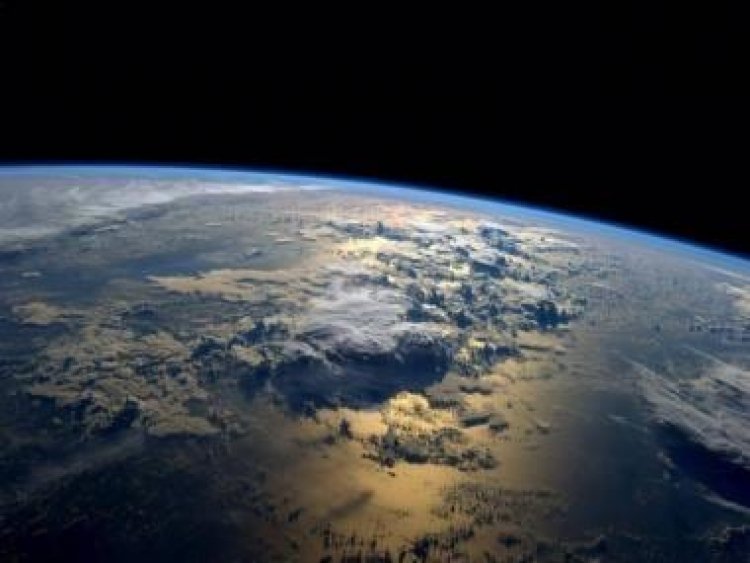The Earth is spinning faster: What does this mean and how does it impact life?
The Earth is spinning faster: What does this mean and how does it impact life?

The Earth recorded the shortest day ever in its life on 29 July when it completed a full spin in 1.59 milliseconds less than its standard 24-hour rotation.
According to a report by the Independent, it nearly broke the barrier again this month, with 26 July being 1.50 milliseconds shorter than 24 hours.
Why is the Earth spinning faster and what could it mean, let’s find out:
What is happening with Earth’s rotation?
It is elementary school knowledge that Earth takes exactly 24 hours to rotate on its axis, but something has changed since at least as early as 2020.
A report by the Independent said that the planet has been increasing its speed for some time now. In July 2020, Earth recorded its shortest month since the 1960s when 19 July was 1.47 milliseconds shorter than a typical 24-hour day.
The following year, Earth continued to spin at a generally increased speed but did not break any records.
Even though nobody has been able to pinpoint the reasons behind it, scientists have speculated a number of processes could be behind this increased spin.
According to the Independent, the reasons can be the melting of the glaciers and climate change at large, motions of the planet’s inner molten core, seismic activity and a phenomenon called the ‘Chandler wobble’.
The Chandler wobble is a small deviation in the Earth’s axis of rotation, not unlike the quiver one sees when a spinning top gains momentum or slows down.
How does it impact life?
The quickening rotation impacts various technologies on Earth, including the GPS satellites that use atomic clocks.
According to a report by Forbes, a faster spin would mean Earth gets the same position a little earlier than the previous day. A half-a-millisecond equates to 10-inches or 26 centimetres at the equator. In short, GPS satellites—which already have to be corrected for the effect of Einstein’s general relativity theory (the curve of space and time)—are quickly going to become useless.
It can also impact smartphones, computers and communication systems at large, which synchronise with Network Time Protocol (NTP) servers). It’s defined as the number of seconds since 00:00:00 Coordinated Universal Time (UTC) on 1 January, 1970.
To solve all this, international timekeepers may need to add a negative leap second— a “drop second.”
According to the Independent, the UTC, the primary time standard by which the world regulates clocks and time, has been updated with a leap second 27 times.
With inputs from agencies
Read all the Latest News, Trending News, Cricket News, Bollywood News,
India News and Entertainment News here. Follow us on Facebook, Twitter and Instagram.
What's Your Reaction?



























































